Final Project
Auxilium Cube Sat Case
A project investigating the pain points associated with the transportation and storage of Cube Satellites.
How can the ground logistics of the space industry adapt to meet the increasing demand of Cube Satellites seeking orbit, whilst improving safety, mobility, and assurance?
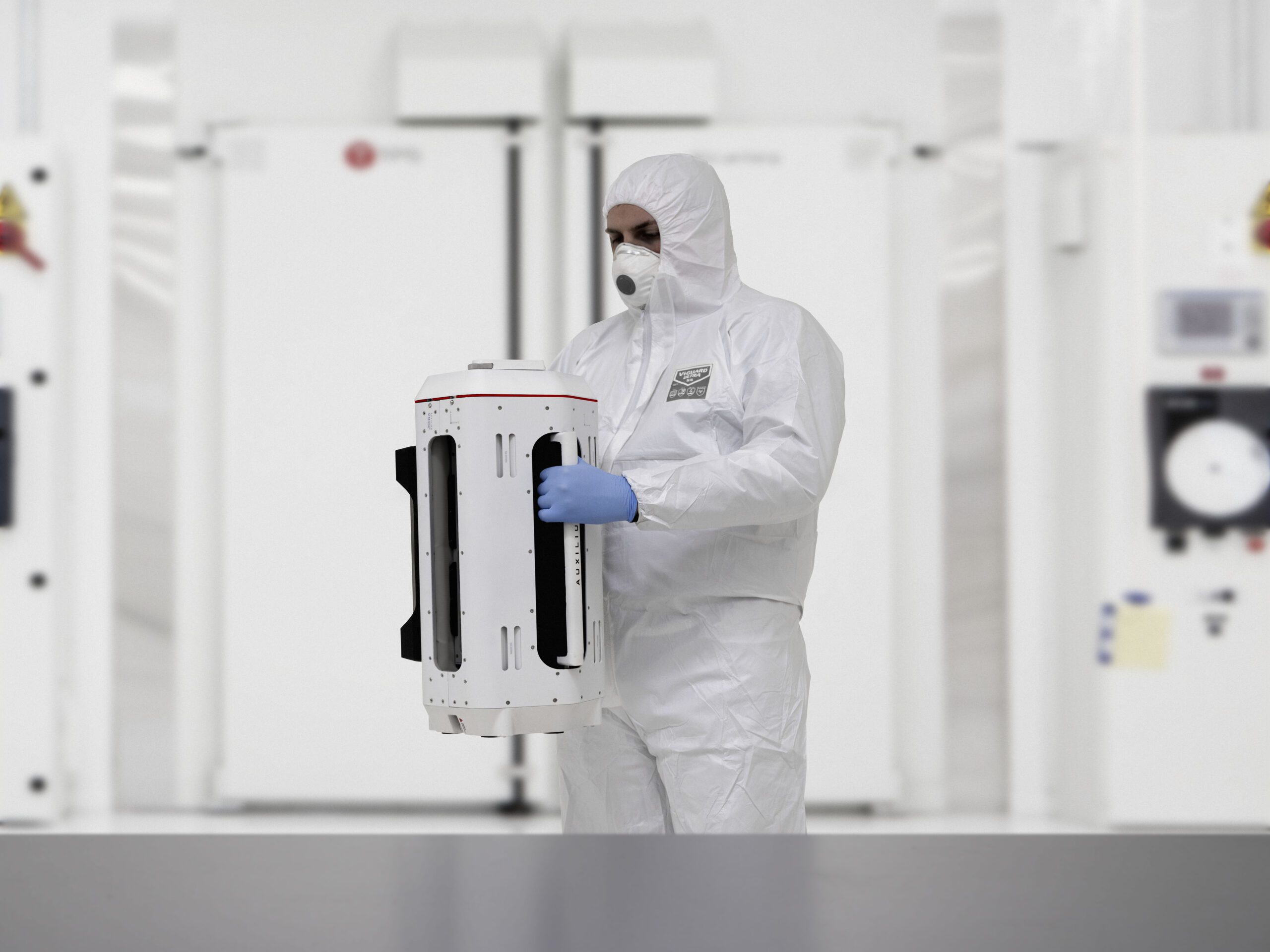
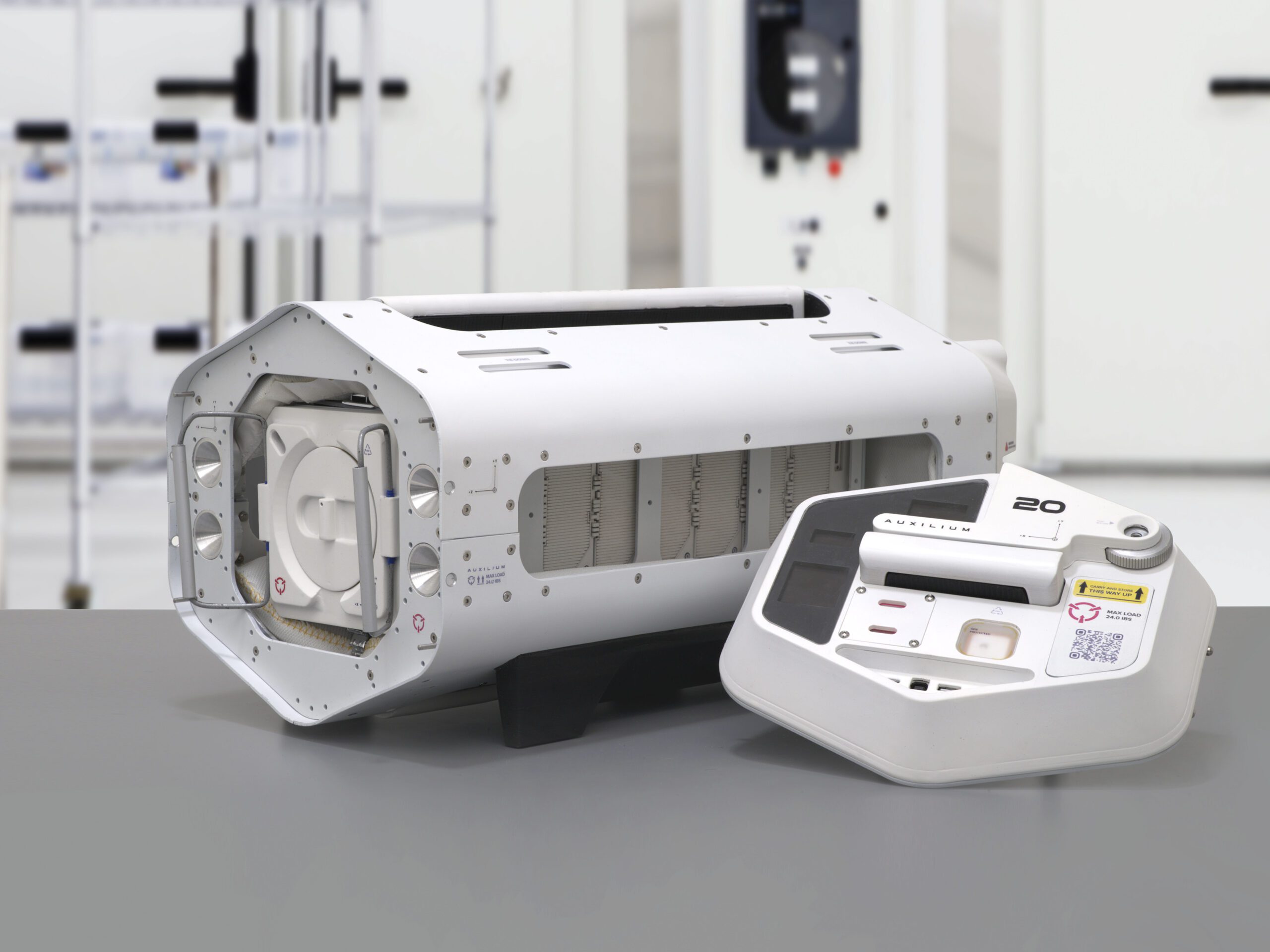
The Problem
The transportation and logistics of CubeSats pose significant challenges. Individuals often need to travel around the world with expensive satellites, hand carrying them as regular luggage, leading to potential damage and loss due to mishandling or accidents. CubeSats are typically uninsured, exacerbating the financial risk associated with their transportation. In addition, the expensive sourcing of scarce ground support equipment required to store and handle CubeSats also drives up the costs and delays of getting to space. The existing infrastructure for CubeSat transportation lacks standardisation and accessibility, hindering efficient processes and driving up costs.
The Solution
Auxilium is a satellite transportation unit addressing the challenges of mobility and storing CubeSats around the world through the use of a bespoke device. Tailored to the sensitive requirements of spacecraft, Auxilium enables location tracking of its satellite contents, whilst also providing real-time monitoring of the enclosed payload environment. Assuring stakeholders that their expensive payload is in a safe state, Auxilium improves the efficiency and reliability of Satellite ground transportation and logistics between manufacturing facilities and the launch sites.
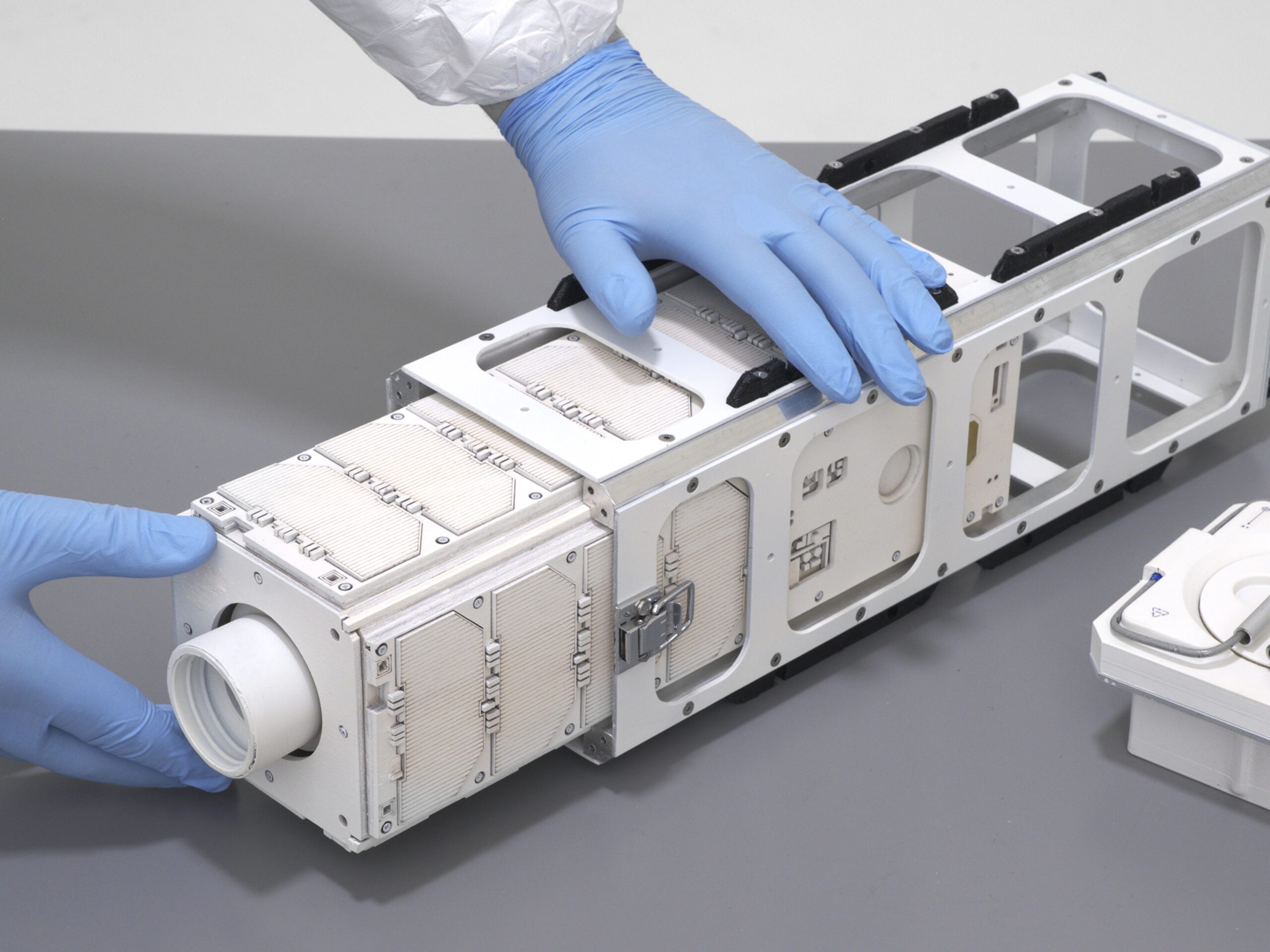
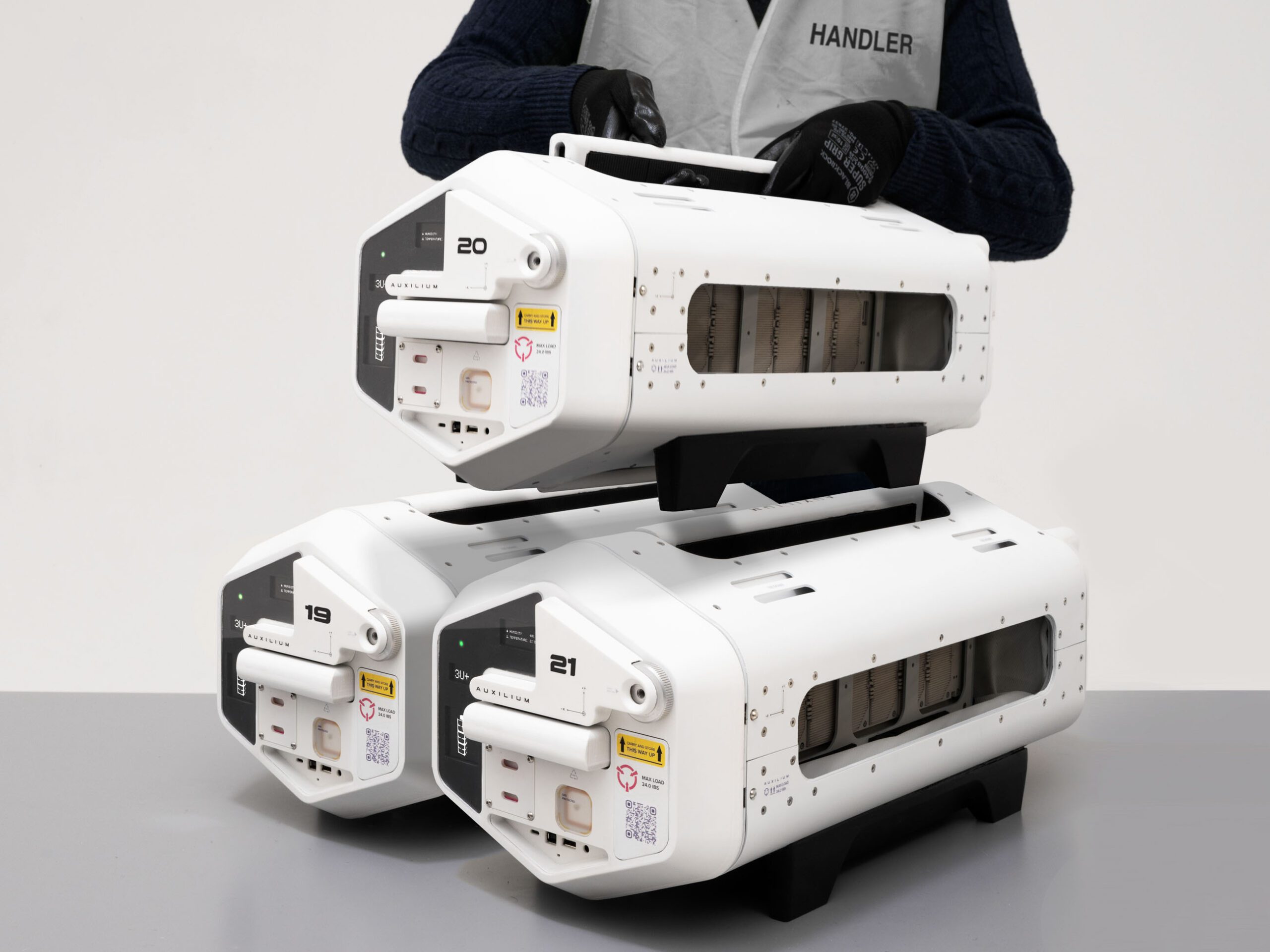
A Scalable System
In transit, handlers and couriers can use the easy-to-access pull-up handles to transfer Auxilium between vehicles and facilities. The unique form factor of the satellite case enables multiple units to be stacked up onto pallets in a honeycomb structure. This enables the system to scale up and meet the needs of large mega-constellation manufacturers who wish to send hundreds of satellites to a destination in one shipment.
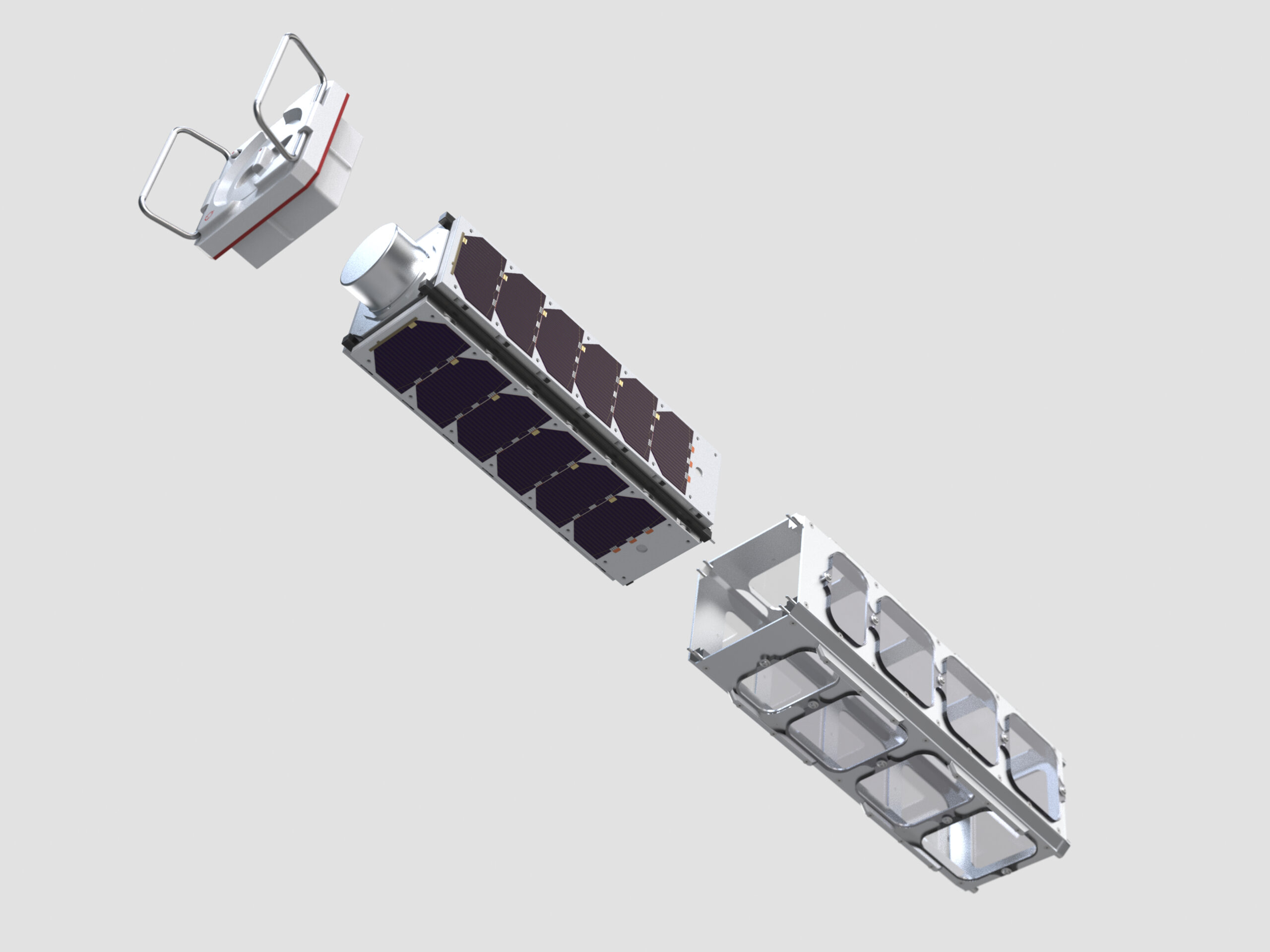
Satellite Centric
Designed for the growing market of small satellites, the smart transportation solution can accommodate up to 12 satellites. It serves as both a transportation and long-term storage option for satellites before their journey into space. The satellites can be easily loaded into the protective case using guide rails, which are commonly used in satellite dispensers. This familiar interface makes the device familiar and intuitive for technicians.
Journey to the Show
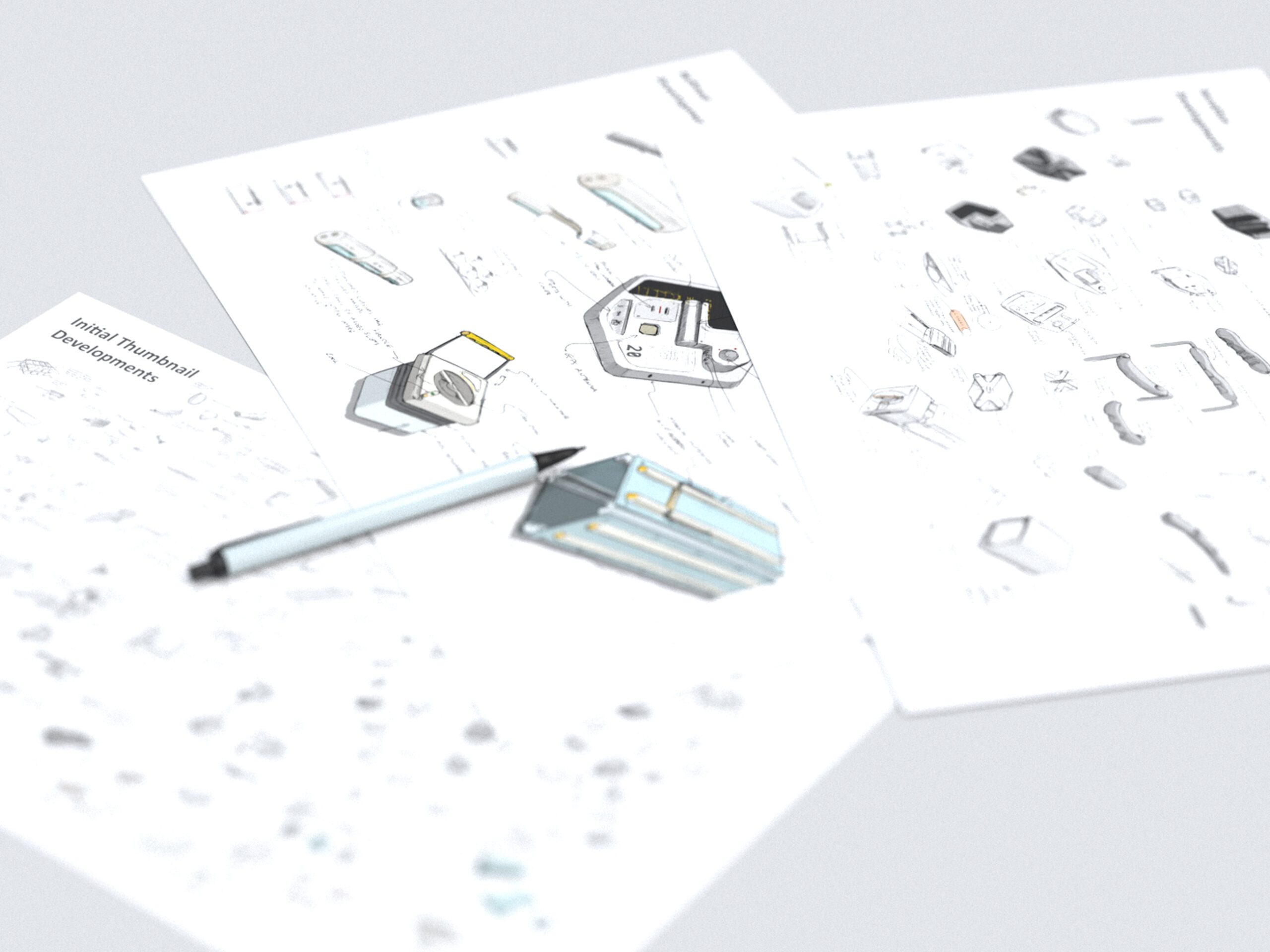
Sketching ideation and low-fidelity prototyping were used to arrive at a solution that could be developed towards prototyping and user testing studies.
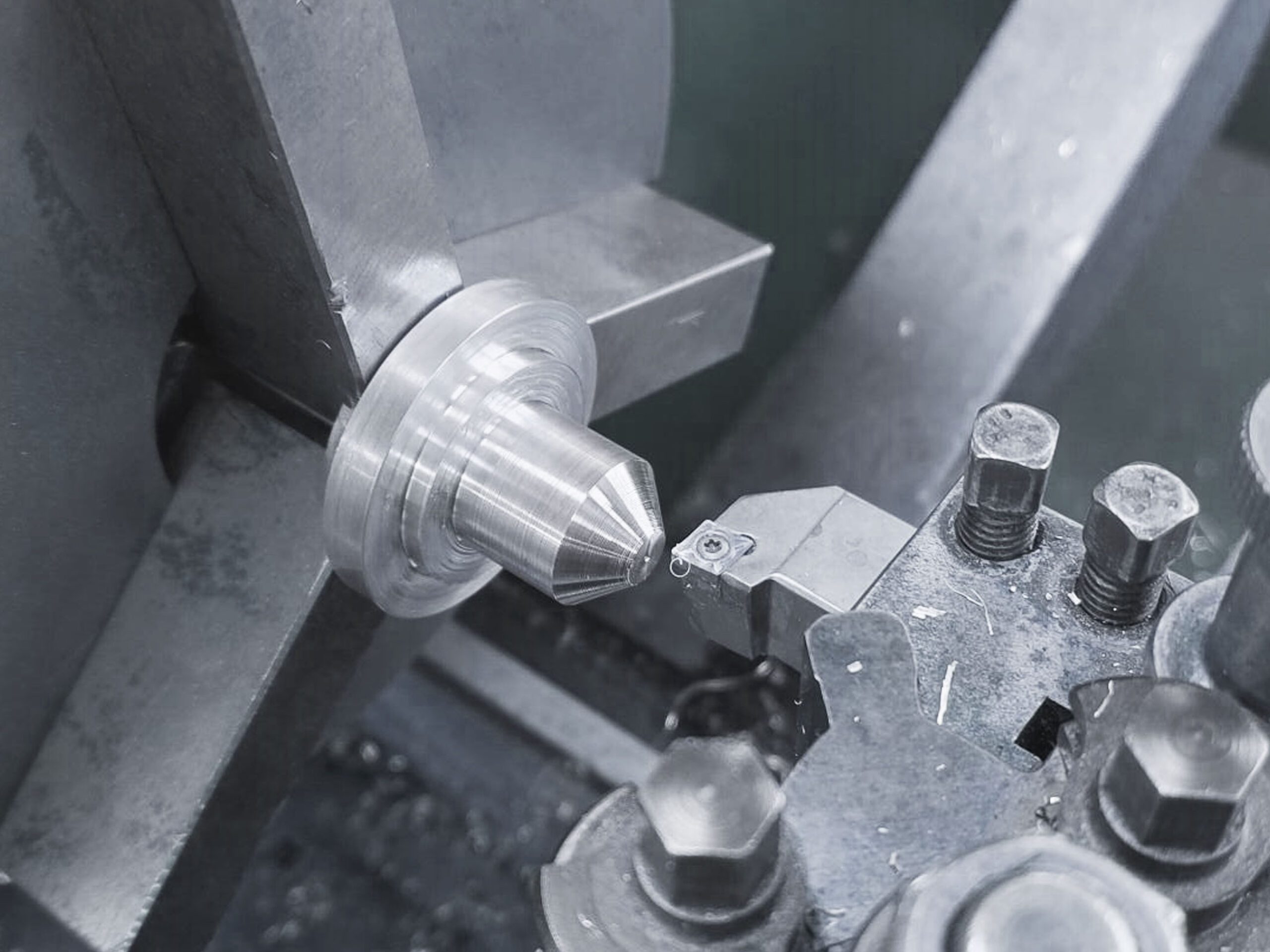
Custom aluminium billets were turned down to form the male and female self-locating pins found on the Auxilium’s lid interface between the main case and the lid.
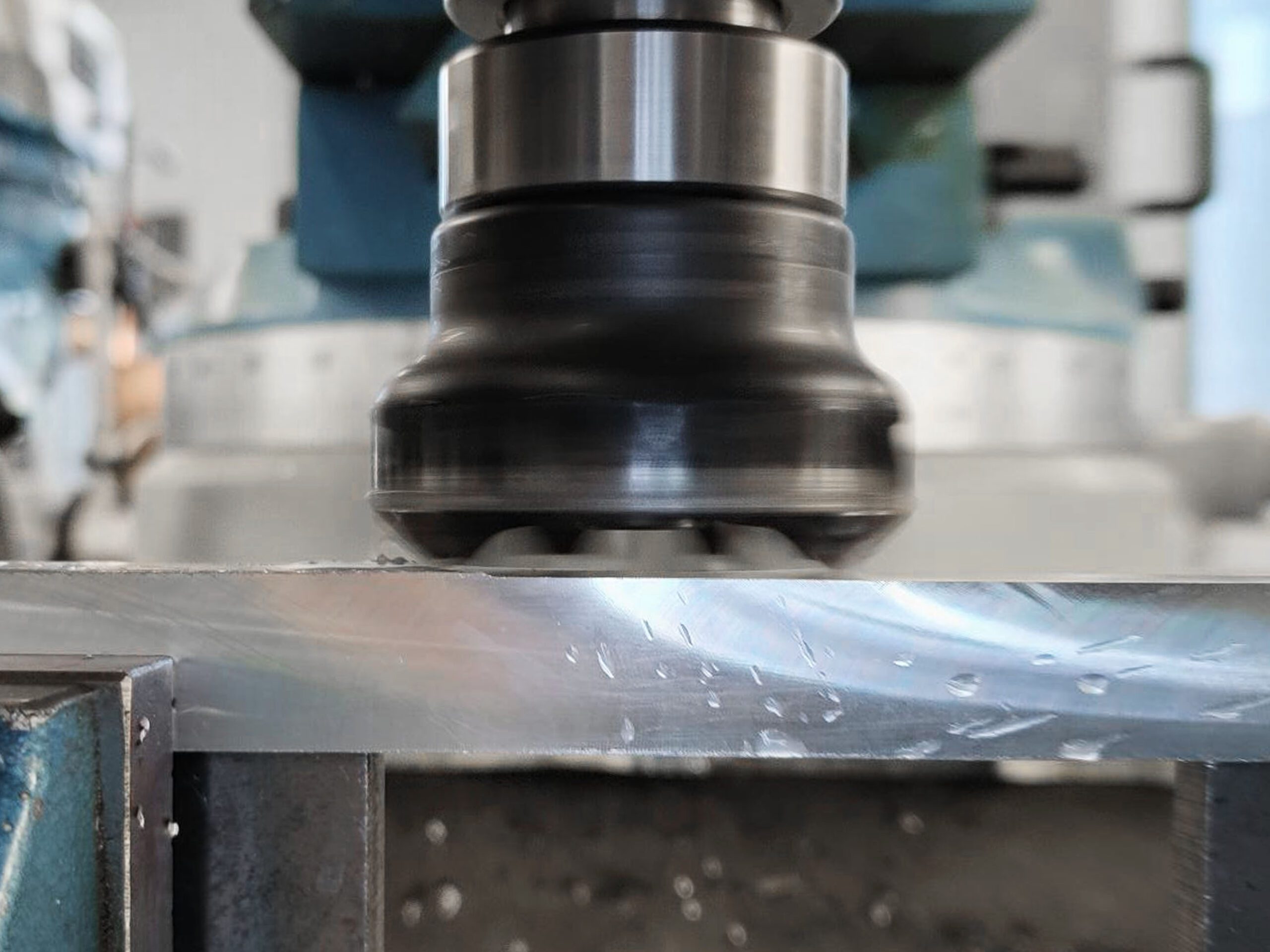
Components such as the CubeSat rails were fabricated using a milling machine. Components were faced with channels and chamfers created to form the desired geometry.
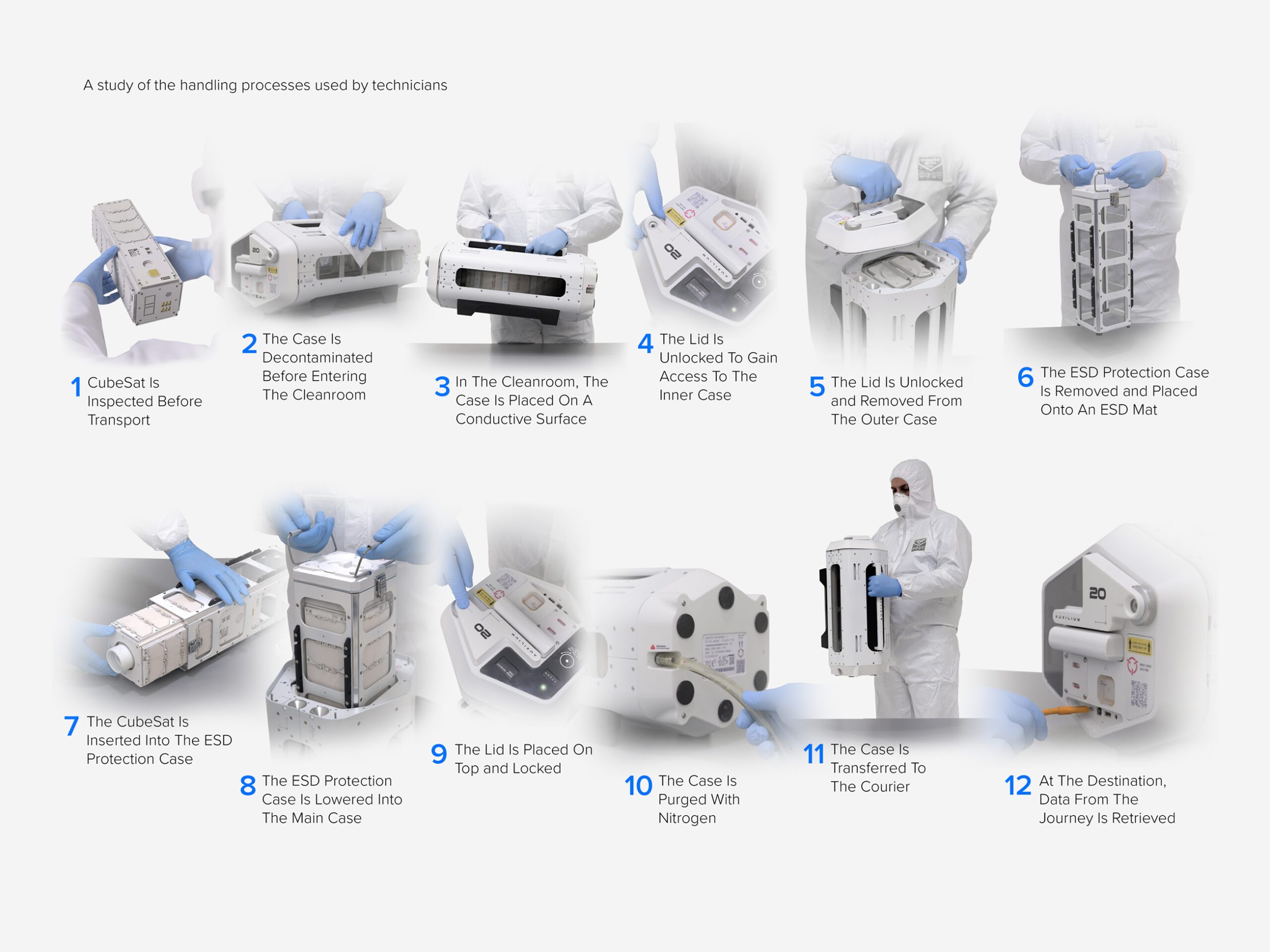
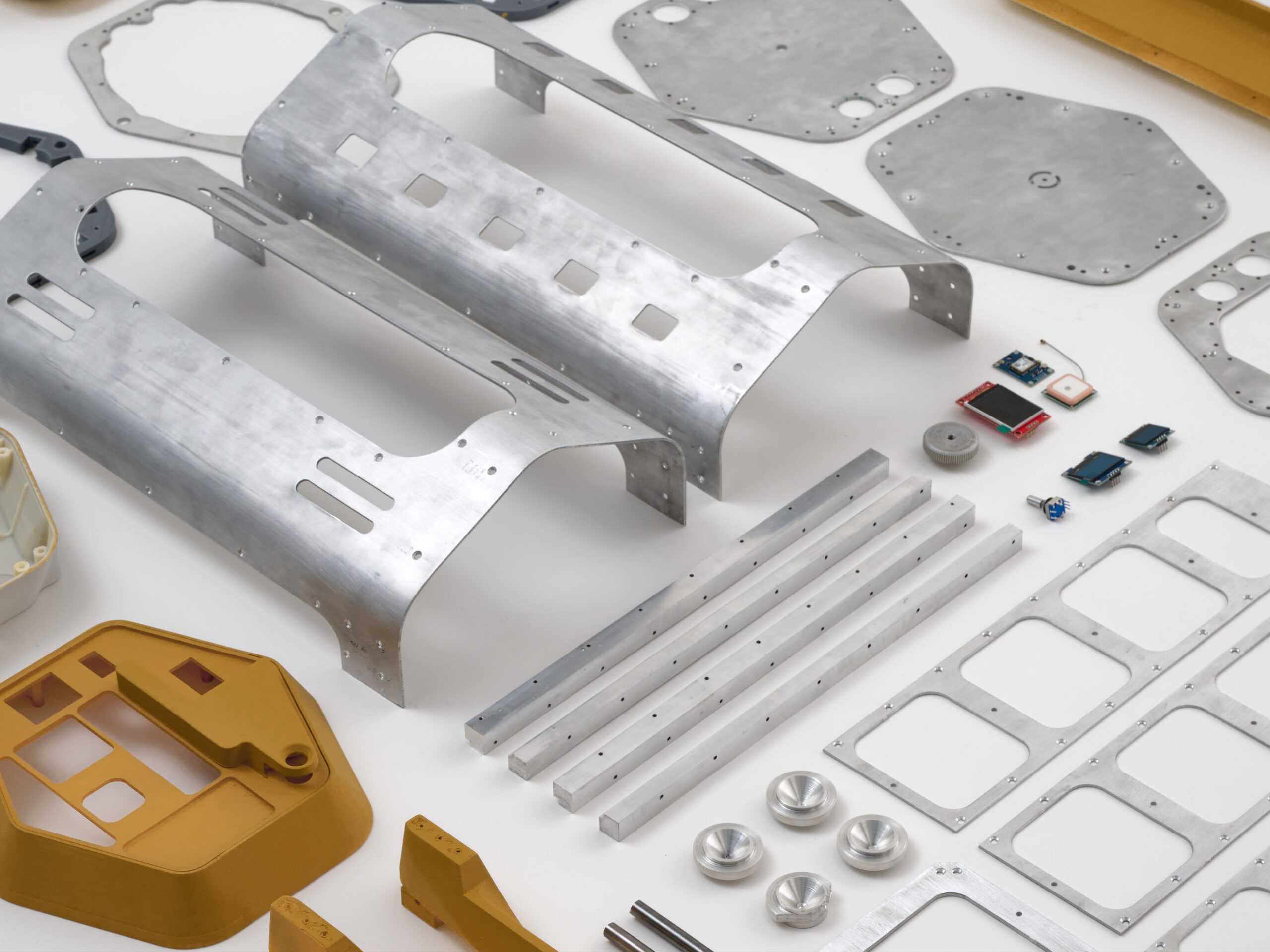
The design was fabricated to a high fidelity to gain insights into the manufacturing processes and in turn, provide a high-fidelity interactive prototype for users to test with.
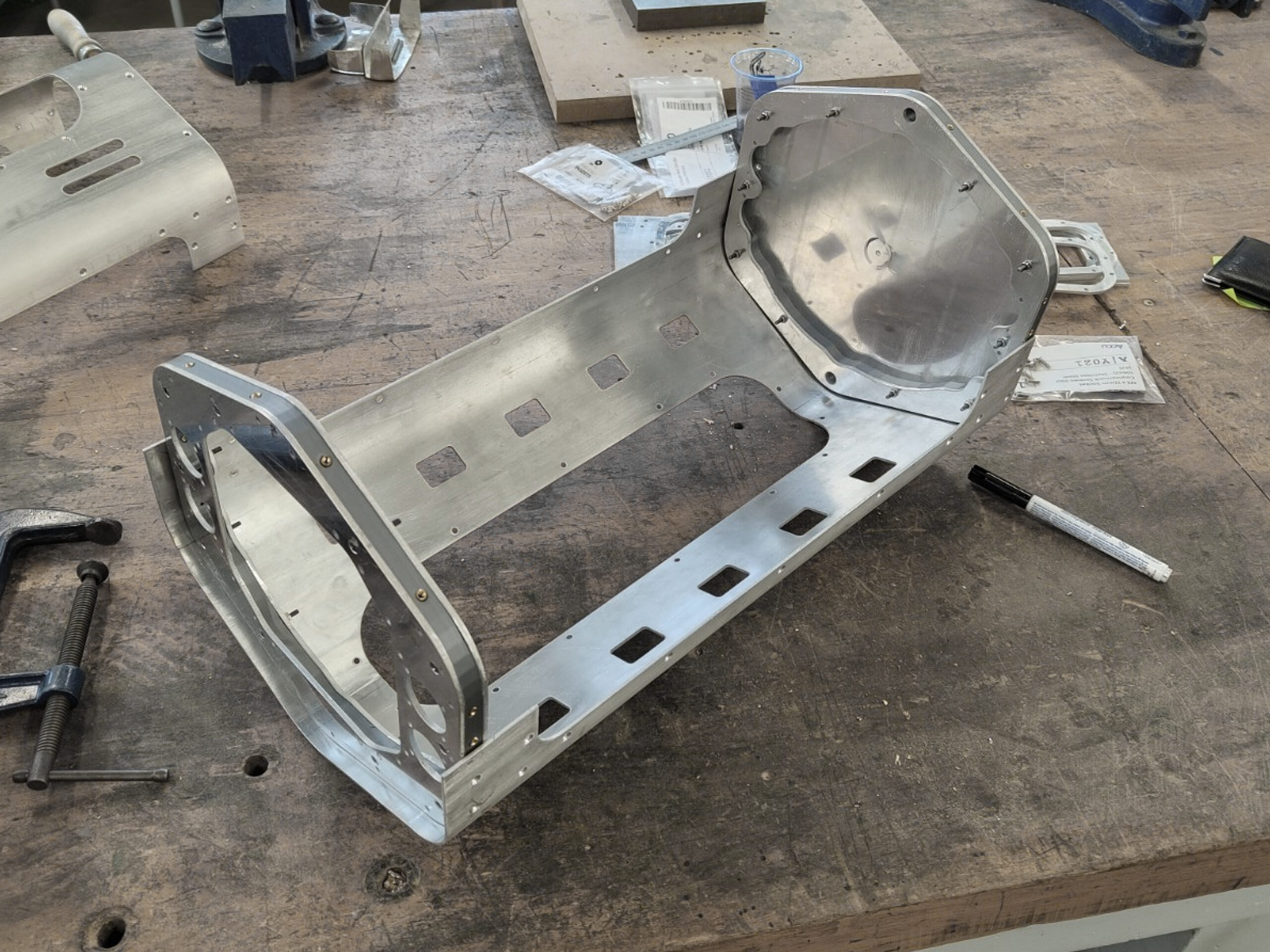
Designed to operate through a service model, Auxilium is fully assemblable and disassemble enabling the device to be serviced and repaired throughout its lifetime.
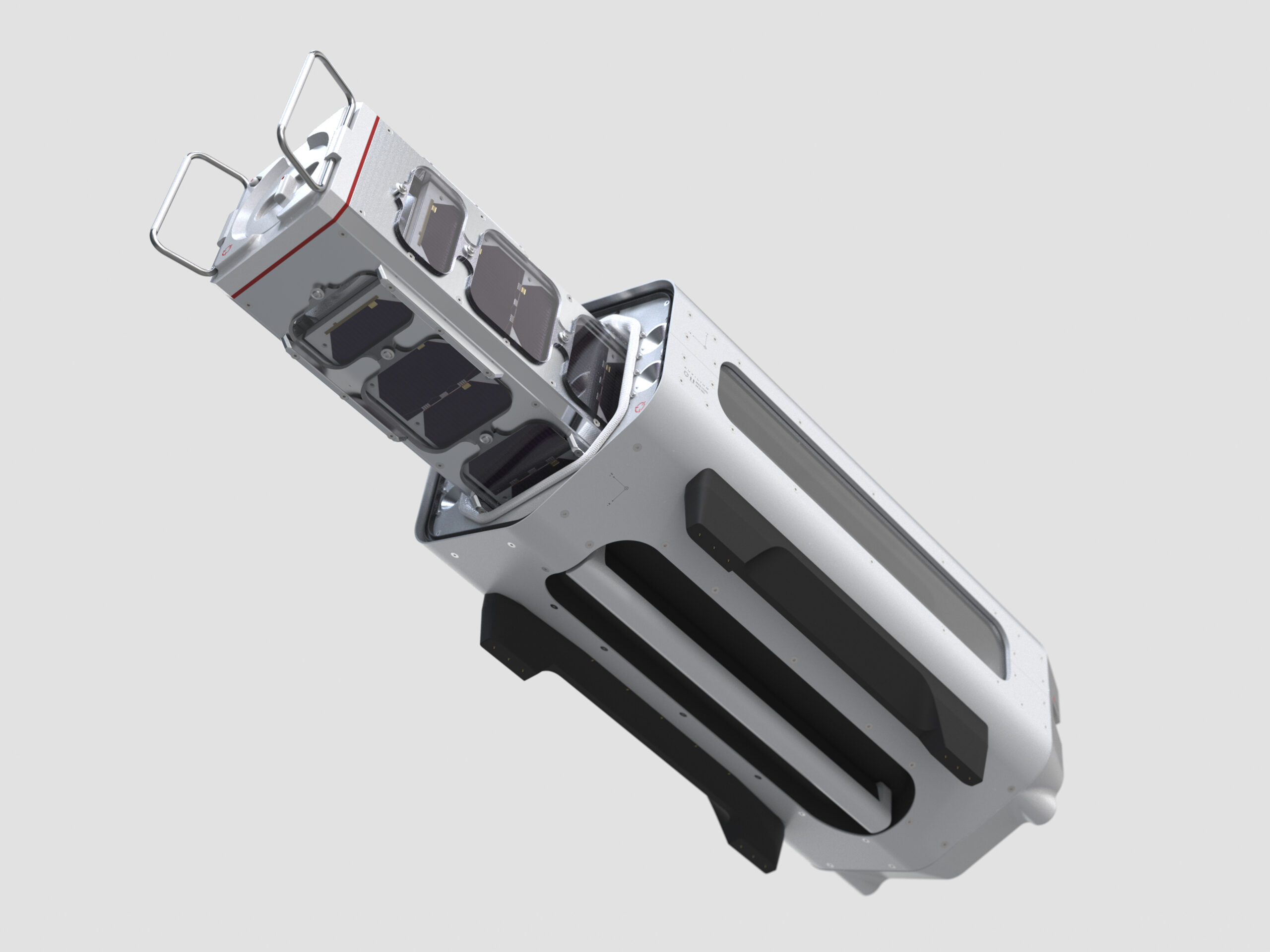
The Auxilium satellite carrier is an all-in-one system that includes an energy-absorbent external main case, and an inner case to house and protect the satellite and users from Electrostatic Discharge (ESD).
Awards
Diploma of Professional Studies
Work Experience
I am embarking on an exciting journey as a product designer, fueled by my deep passion for the countless opportunities for space to enhance life on Earth. I am humbled to have been a founding member of Conex Research, an international space mission think tank that promotes international cooperation through STEAM activities to create award-winning research around space mission design. Through this invaluable opportunity, I had the privilege of working alongside brilliant minds which enabled me to upskill myself and learn about the wider space industry.
I prepare to rejoin Space Machines Company, as a Product Designer, contributing my skills to the design of transportation and servicing spacecraft. Though my journey is just beginning, I am continually humbled by the vast possibilities that lie ahead, and I am excited to play a role in defining a future where space technology can positively impact humanity in ways we are only beginning to comprehend.
Visionary Thinkers
Visionary Creators
Visionary Makers
